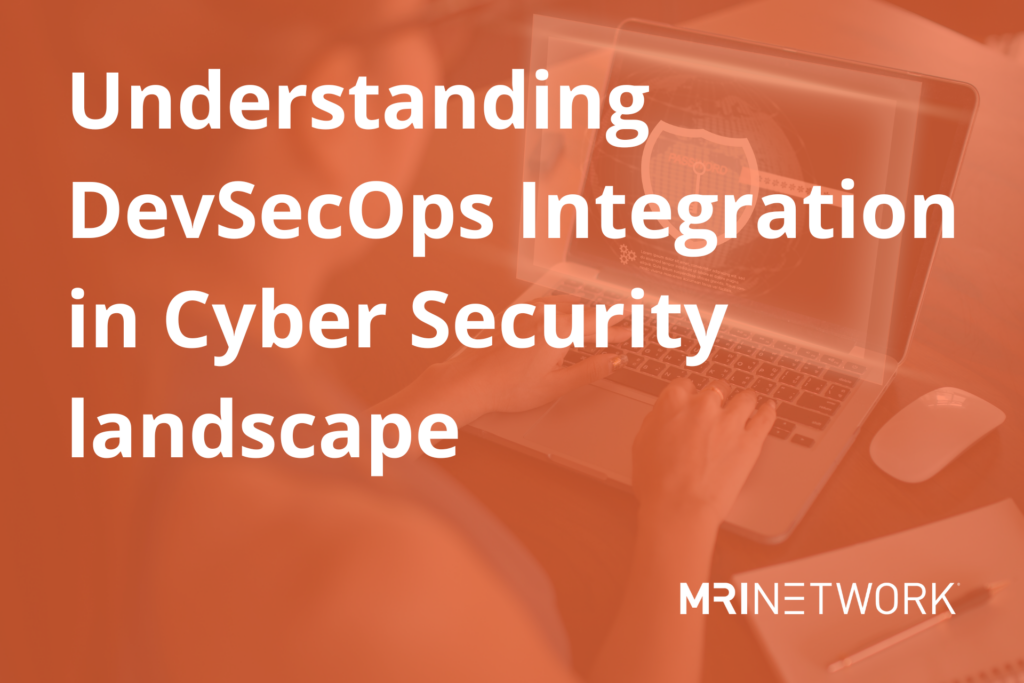The human resource department in any organization plays a critical role in cyber security. HR is privy to some of the most sensitive information. This department holds a company’s banking details, the list of employees, their birth dates, and social security numbers. Hackers and other cyber criminals crave this kind of information, necessitating HR directors to devise ways to keep data safe.
One of the most practical ways HR could improve an organization’s cyber security is in the hiring process. As an HR head, you must ensure you’re not hiring someone with a dubious record. However, you should conduct the hiring process above aboard; otherwise, you risk getting accused of discriminatory practices. In this blog, we’ll discuss the hiring challenges that HR directors face in DevSecOps integration.
Importance of DevSecOps in Cyber Security
The first practical step to secure an organization’s cyberspace is during software development. Usually, the end product is secure and efficient when the software development lifecycle (SDLC) is appropriately structured. Many companies today employ DevSecOps in software development to achieve these critical objectives.
DevSecOps refers to integrating security testing into the entire software development process. The acronym stands for Development, Security, and Operations. DevSecOps is an advancement of DevOps, the software development method that preceded it.
When companies use DevOps for software development, they implement security at the end of the process. While it made sense to isolate security from development and operations in the past, the rise in cloud computing has made it more feasible to integrate the three processes.
Using DevSecOps in the SDLC process has distinct advantages. The integration enables organizations to:
- Save time as the organization undertakes the entire process through short cycles
- Minimize disruptions that are common with DevOps
- Identify security threats early
- Respond quickly to identified threats.
While DevSecOps is the ideal software development strategy, companies need to catch up in adopting it. Most organizations globally intend to implement DevSecOps, but by 2021 only 30% of surveyed companies had implemented it.
However, the slow implementation does not cast doubts about DevSecOps’ popularity. While the DevSecOps market value was $3.73 billion in 2021, market surveys projected it to increase to over $40 billion by 2030. So, what factors have contributed to the slow implementation of a system that has attained such global popularity? What challenges will you likely encounter as an HR director in DevSecOps integration?
Challenges That Affect DevSecOps Implementation
DevSecOps implementation is prone to a host of challenges, including:
Change Resistance
In every organization, you’ll find plenty of people who are defenders of the status quo. Since this is a relatively new software development method, HR directors might have difficulty getting different departments to cooperate. Some departments might perceive this collaborative effort as a compromise to their autonomy. Consequently, resistance to change could hinder successful implementation.
Limited Resources and Staff Knowledge Gap
Implementing DevSecOps is costly, and many organizations need more resources for implementation. While a substantial portion of the implementation cost will be staff education, many organizations have limited training budgets.
Since implementation requires cooperation by employees from different departments, the knowledge gap between staff members from other departments could pose a significant problem. While the developers could possess excellent coding skills, they might lack other critical security skills, such as development skills. Therefore, training different expert teams to get on the same page is costly and time-consuming.
Cloud Infrastructure Complexity
Many large organizations have hundreds of cloud accounts. The different accounts could be using a vast range of cloud services. Frequent changes in the cloud could prove disruptive to the company’s business as it might have to try very hard to keep up.
Getting the Right Staff for Your DevSecOps Project
Staff quality is critical in the success or failure of an organization’s DevSecOps project. As an HR director, you must get the best available workforce. If you’re using current employees for the project, ensure they get adequate training. To help your organization overcome DevSecOps integration challenges, contact the professionals at MRINetwork.

Connect with MRINetwork